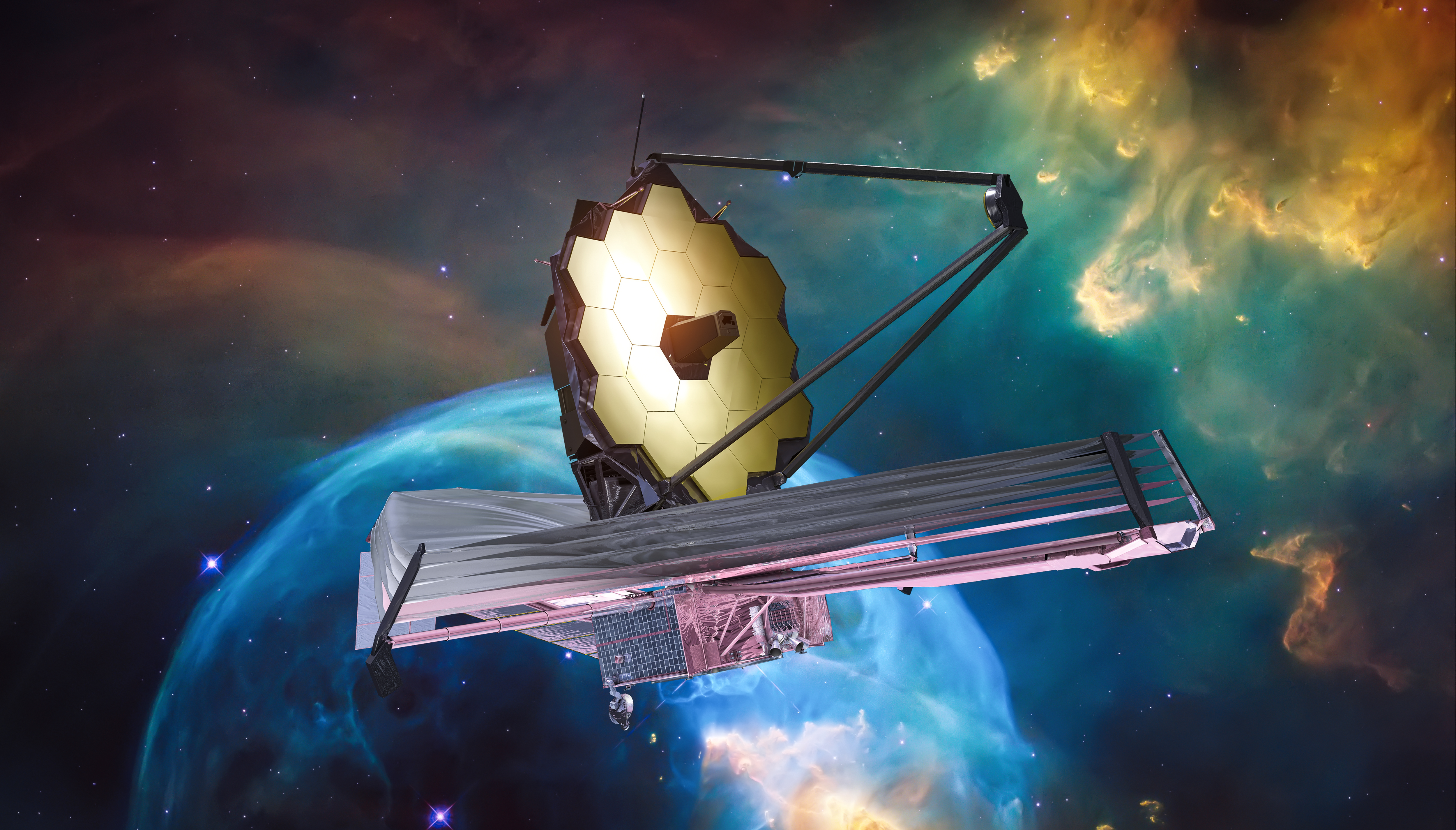By Will Dunham
Two years of data from NASA's James Webb Space Telescope have now validated the Hubble Space Telescope's earlier finding that the rate of the universe's expansion is faster - by about 8% - than would be expected based on what astrophysicists know of the initial conditions in the cosmos and its evolution over billions of years. The discrepancy is called the Hubble Tension.
The observations by Webb, the most capable space telescope ever deployed, appear to rule out the notion that the data from its forerunner Hubble was somehow flawed due to instrument error.
"This is the largest sample of Webb Telescope data - its first two years in space - and it confirms the puzzling finding from the Hubble Space Telescope that we have been wrestling with for a decade - the universe is now expanding faster than our best theories can explain," said astrophysicist Adam Riess of Johns Hopkins University in Maryland, lead author of the study published on Monday in the Astrophysical Journal.
"Yes, it appears there is something missing in our understanding of the universe," added Riess, a 2011 Nobel laureate in physics for the co-discovery of the universe's accelerating expansion. "Our understanding of the universe contains a lot of ignorance about two elements - dark matter and dark energy - and these make up 96% of the universe, so this is no small matter."
"The Webb results can be interpreted to suggest there may be a need to revise our model of the universe, although it is very difficult to pinpoint what this is at the moment," said Siyang Li, a Johns Hopkins doctoral student in astronomy and astrophysics and a study co-author.
Dark matter, thought to comprise about 27% of the universe, is a hypothesized form of matter that is invisible but is inferred to exist based on its gravitational effects on ordinary matter - stars, planets, moons, all the stuff on Earth - which accounts for roughly 5% of the universe.
Dark energy, believed to comprise approximately 69% of the universe, is a hypothesized form of energy permeating vast swathes of space that counteracts gravity and drives the universe's accelerating expansion.
What might explain the anomalous expansion rate?
"There are many hypotheses that involve dark matter, dark energy, dark radiation - for example, neutrinos (a type of ghostly subatomic particle) - or gravity itself having some exotic properties as possible explanations," Riess said.
The researchers employed three different methods to measure a specific telltale metric - distances from Earth to galaxies where a type of pulsating star called Cepheids have been documented. The Webb and Hubble measurements were in harmony.
The universe's expansion rate, a figure called the Hubble constant, is measured in kilometers per second per megaparsec, a distance equal to 3.26 million light-years. A light-year is the distance light travels in a year, 5.9 trillion miles (9.5 trillion km).
Under the standard model of cosmology - basically, the conventional wisdom concerning the universe - the value of the Hubble constant should be about 67-68. The Hubble and Webb data give a value averaging about 73, with a range of about 70-76.
The Big Bang event 13-14 billion years ago initiated the universe, and it has been expanding ever since. Scientists in 1998 disclosed that this expansion was actually accelerating, with dark energy as the hypothesized reason.
The new study looked at Webb data covering about a third of Hubble's full slate of relevant galaxies. The researchers in 2023 announced that earlier interim Webb data validated the Hubble findings.
So how might this Hubble Tension mystery be solved?
"We need more data to better characterize this clue. Exactly what size is it (the discrepancy)? Is the mismatch at the lower end - 4-5% - or the higher end - 10-12% - of what the current data allows? Over what range of cosmic time is it present? These will further inform ideas," Riess said.
(Reporting by Will Dunham, Editing by Rosalba O'Brien)





